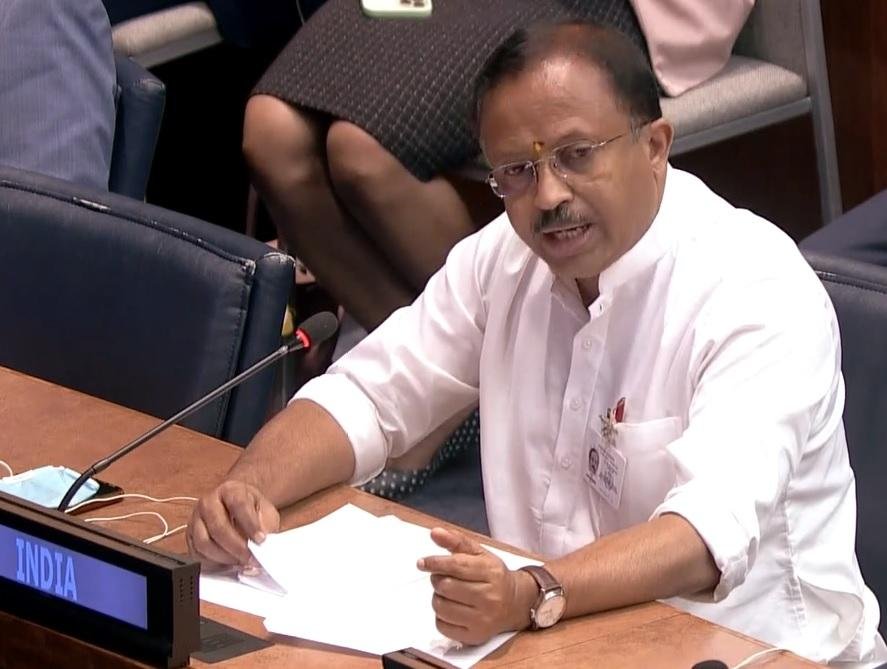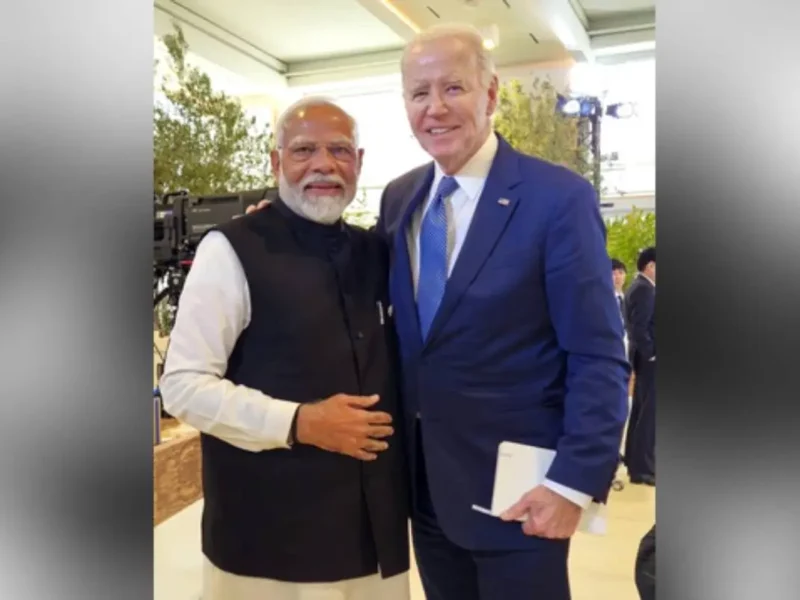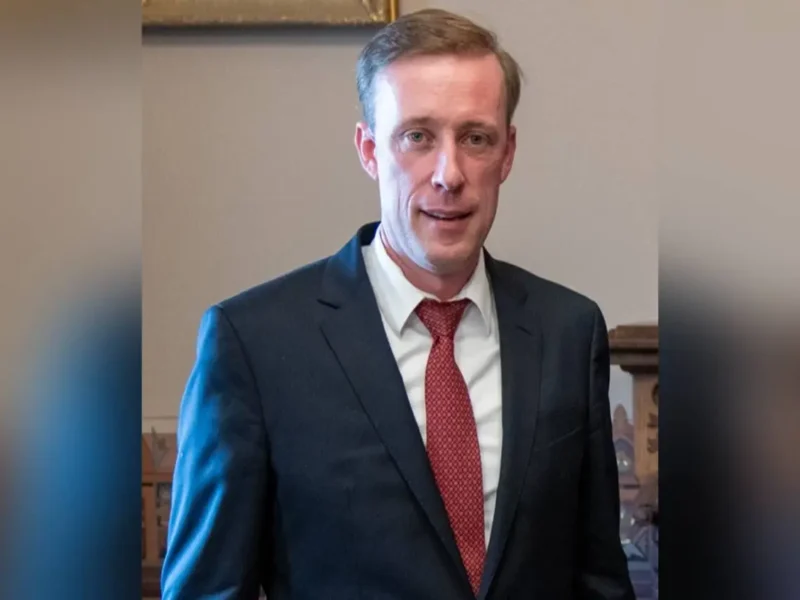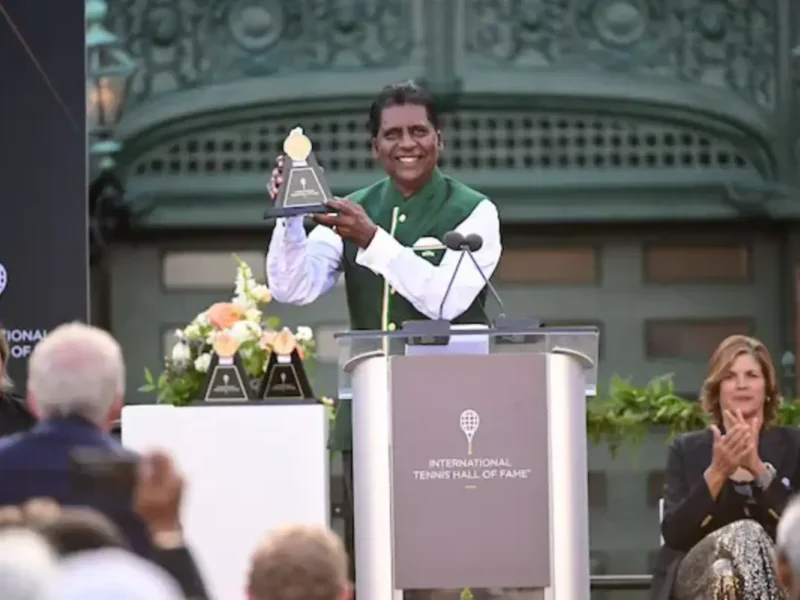
In New York, Indian Minister Pushes Back on Negative Image, Gives Assurances to Help Fight Food Shortage
BY ARUL LOUIS
NEW YORK, NY (IANS) – India’s Minister of State for External Affairs, V. Muraleedharan has given an assurance that despite restrictions on exports, India will provide food to countries that “are most in need” because of the Ukraine conflict.
“Let me make it clear that these measures allow for export based on approvals to those countries who are required to meet their food security demands,” he said on May 18 explaining India’s food export policy at the Ministerial Meeting on “Global Food Security Call to Action” convened by US Secretary of State, Antony Blinken.
He added: “This will be done on the request from the concerned governments. Such a policy will ensure that we will truly respond to those who are most in need.”
India’s assurance came as Secretary-General Antonio Guterres warned that the Russian invasion of Ukraine “threatens to tip tens of millions of people over the edge into food insecurity, followed by malnutrition, mass hunger and famine”.
The crisis has been precipitated by the disruption in supplies from Ukraine and Russia, which Guterres said “produce almost a third of the world’s wheat and barley and half of its sunflower oil”.
Muraleedharan’s assurance sought to dispel an impression created by some international media reports that India will not pitch in to help the countries facing starvation because of the export restrictions announced last week.
The restrictions only apply to future commercial transactions.
The UN chief said, “there should be no restrictions on exports,” while also adding that “surpluses must be made available to those most in need”.
But Union Minister Muraleedharan said “open markets must not become an argument to perpetuate inequity and promote discrimination” — approaches that he asserted, created problems with the availability of Covid vaccines.
The wheat export restrictions were introduced only “to manage our own overall food security and support the needs of neighboring and other vulnerable developing countries,” he added.
India “has never been found wanting” when it came to helping countries in distress, whether it was the Covid-19 pandemic or conflicts.
“We have provided food aid in the form of thousands of metric tons of wheat, rice, pulses and lentils to several countries, including our neighborhood and Africa, to strengthen their food security,” Muraleedharan said.
He added that India has donated 50,000 tons of wheat to Afghanistan, sent 10,000 tons of rice and wheat to Myanmar and was also assisting Sri Lanka.
“In keeping with our ethos of ‘Vasudhaiva Kutumbakam’, which means ‘the world is one family’, and our ‘Neighborhood First Policy’, we will continue to assist our neighbors in their hour of need, and stand by them, always,” the Indian diplomat said.
Blinken said the allegations that sanctions on Russia were causing food shortages were “false”.
“When we imposed sanctions on Russia in order to end the war as quickly as possible, we deliberately and carefully created exceptions for agricultural goods and fertilizer,” he added.




